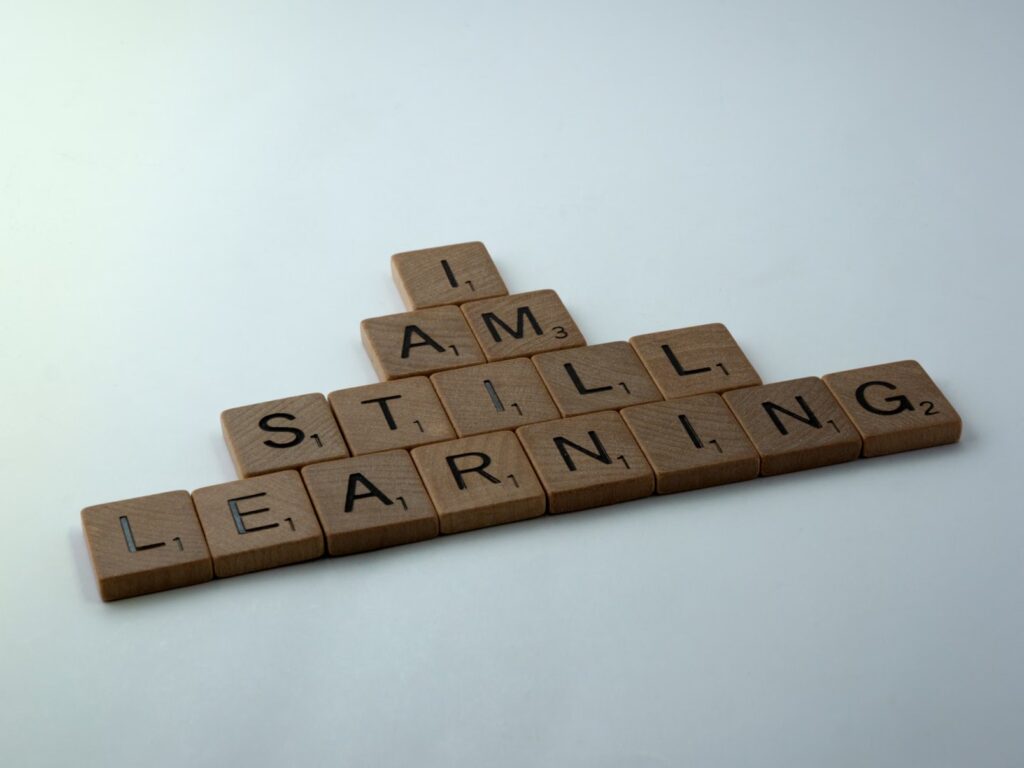Embarking on a journey towards self-improvement, whether it be in our personal lives, professional endeavors, or while mastering a skill, presents a landscape filled with both milestones of achievement and valleys of struggle.
The spark of initial progress can be incredibly motivating, but the true test lies in maintaining that growth over the long term. This is a universal challenge, one that resonates whether you’re aiming to enhance your professional skills, enrich your personal development, or even refine your golf swing.
In seeking the best golf schools, individuals exemplify a desire for not just fleeting success but enduring mastery. This ethos of sustained improvement is applicable across all aspects of our lives, from the boardroom to the golf course.
Let’s delve into three strategies that pave the way for continuous growth and development.
1. Establish Clear, Achievable Goals
Set SMART Goals
Long-lasting improvement begins with the establishment of clear, actionable goals. Goals should be Specific, Measurable, Achievable, Relevant, and Time-bound (SMART). This structured approach ensures that objectives are not only clear but also trackable and realistic, providing a concrete path forward.
Just as a golfer might set a goal to lower their handicap over a season, a professional might aim to acquire a new skill or certification within a year.
Break Goals Into Manageable Steps
Large ambitions can seem daunting at first glance. To mitigate this, breaking down a larger goal into smaller, manageable tasks can demystify the path to success. This approach makes the process less intimidating and fosters a sense of achievement as each smaller goal is accomplished.
2. Embrace Continuous Learning
Seek Feedback and Act on It
The pathway to improvement is iterative, requiring regular feedback and adjustments. Openness to constructive criticism and the ability to act on feedback are fundamental to progress. Just as a golfer might adjust their swing based on a coach’s insights, professionals and individuals alike should seek out and reflect upon feedback, using it as a tool for growth.
Invest in Lifelong Learning
The landscape of our personal and professional lives is ever-changing, with new technologies, strategies, and ideas continually emerging. Adopting a mindset of lifelong learning keeps you at the forefront of these changes, enabling continuous improvement and adaptation.
This principle holds true across all fields, encouraging us to remain curious and engaged, always looking to expand our knowledge and skills.
Use the Wisdom of Top Golf Instructors
For golfers, exploring the wisdom and strategies of instructors at the best golf schools can transform your learning journey. These masters of the game offer more than just lessons; they provide a blueprint for success that applies well beyond the golf course.
Their insights into overcoming challenges, strategic thinking, and mental fortitude can enrich your approach to continuous learning. Embracing their teachings allows you to adopt a holistic view of improvement, where every lesson has the potential to impact multiple areas of your life.
3. Practice Deliberately
Quality Over Quantity
The essence of deliberate practice lies in focused, goal-oriented effort. It’s not about the amount of time spent practicing, but the quality of that practice.
This means setting specific objectives for each practice session, actively seeking challenges, and working at the edge of your abilities. Whether you’re refining a presentation, learning a new language, or improving your golf swing, the focus should be on how effectively you’re using your practice time.
Reflect and Adjust
Reflection is a powerful tool in the journey of sustained improvement. Regularly taking time to reflect on your progress, the challenges you’ve faced, and the strategies you’ve employed allows for critical assessment and course correction.
This practice of self-reflection ensures that efforts are aligned with goals and facilitates adjustments to strategies as needed.
Swing with the Precision of Proven Practices
The precision and dedication found at the best golf schools can serve as a model for your deliberate practice sessions. By studying the structured, focused approach that these schools use to hone skills, you can refine your practice regimen.
It’s about more than just swinging a club or ticking off a to-do list; it’s about embracing a mindset of excellence. Incorporating their disciplined strategies into your routine ensures your time is spent not just practicing, but improving with purpose.
Final Thoughts
The journey of improvement, whether it be in our careers, personal lives, or hobbies like golf, is a continuous process that requires dedication, strategy, and adaptability.
These three strategies offer a framework for sustaining growth over time, emphasizing the importance of setting clear goals, embracing the journey of learning, and engaging in deliberate practice.
For those in pursuit of refining their golf skills, these principles are embedded in the ethos of the best golf schools like John Hughes Golf, where the focus is on long-term improvement and mastery of the game.
Remember, the path to sustained growth is a marathon, not a sprint.
If you’re ready to embark on this journey and find the best strategy for your unique needs, including in the realm of golf, reach out to explore how we can achieve these goals together.






